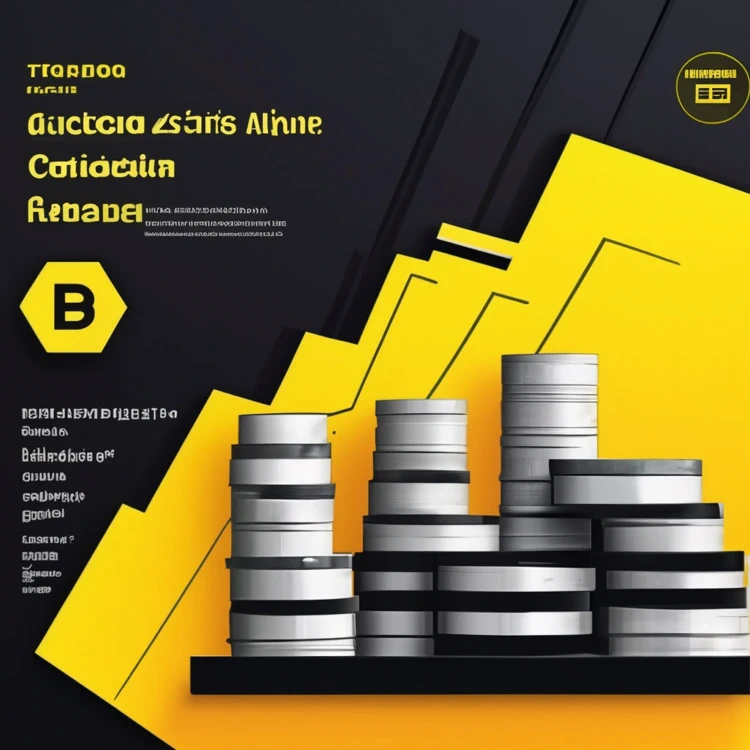8 (800) 555-21-93
We have been creating and promoting since 2004.
We will help you enter the market of the economy in the TOP 5 of the World!

Contacts
Website promotion and reviews

Website promotion in fact and without prepayment, - the first payment is 0 rubles!

Promotion of an online store through Webmaster and Lighthouse

Reviews, reputation management, catalog registration
Ready-made websites or unique ones with individual design

Website management system for online stores

Automation of the online store, synchronization with suppliers and marketplaces!

Multilingual online store and access to new markets
Ready-made mobile applications or unique ones to order

Mobile application development: iOS and Android or Kotlin-multiplatform

Creating an online store with custom mobile applications

Ready-made online stores with applications
Ready-made franchises or unique ones from your business

Franchise of a web studio, SEO company, - or any services

Creating a franchise from any business

Franchise of an online clothing store, - or sale of any goods

Workshop franchise, - or any small production
That's interesting.
A comic about PR and promotion
The book how to promote an online store
For clients
Price list
Website Optimization: Key steps to a successful online Presence
Нужно заполнить это поле
Хорошо!
Нужно заполнить это поле
Хорошо!
Нужно заполнить это поле
Хорошо!
Contact
By submitting an application, you consent to the processing of personal data
Сообщение успешно отправлено!
Что-то пошло не так - сообщение не отправлено! Воспользуйтесь, пожалуйста, почтой со страницы 'контакты'.

